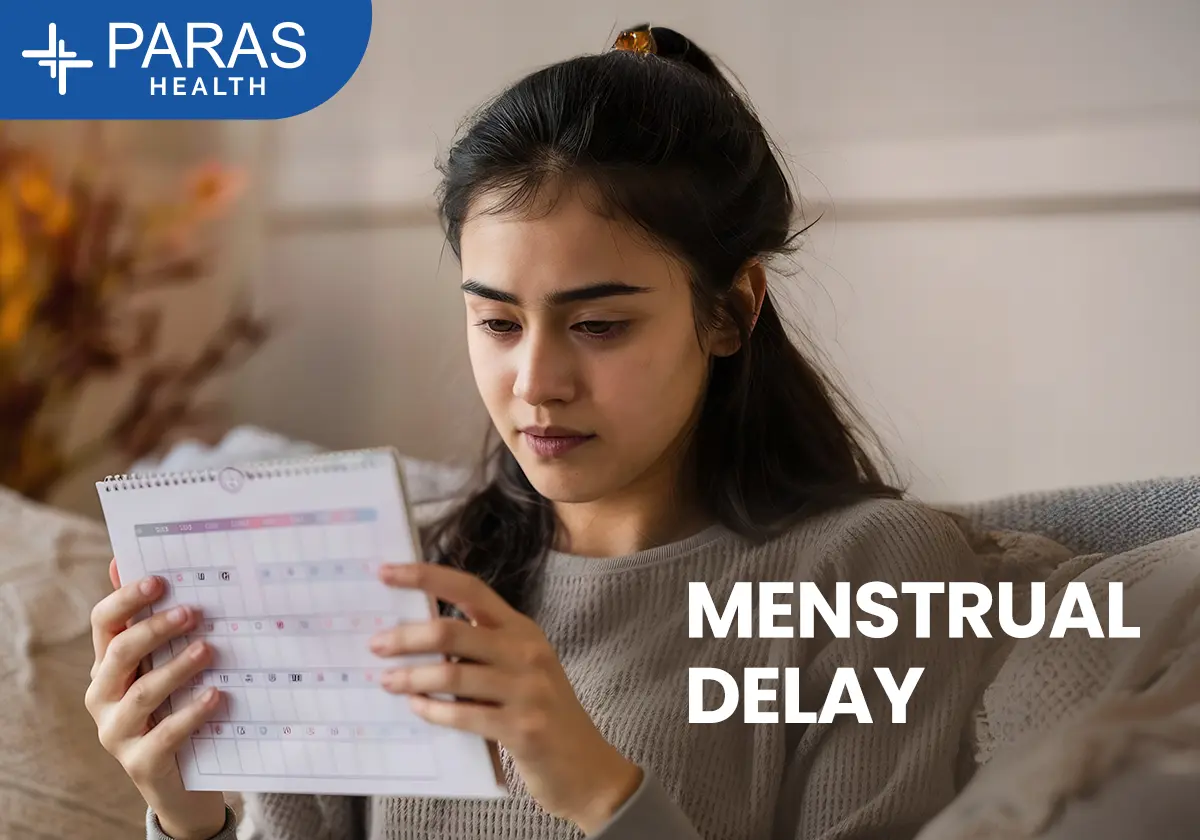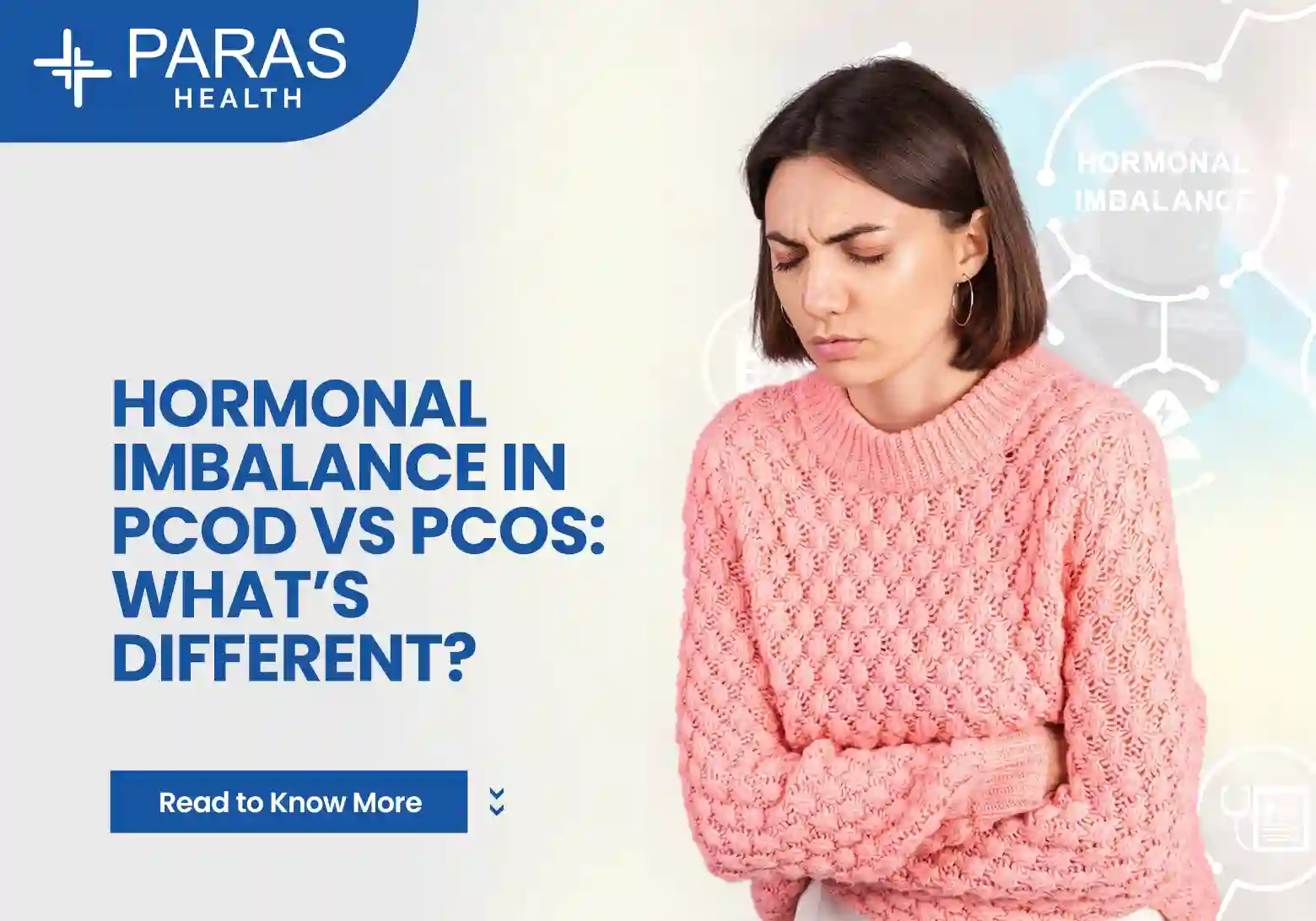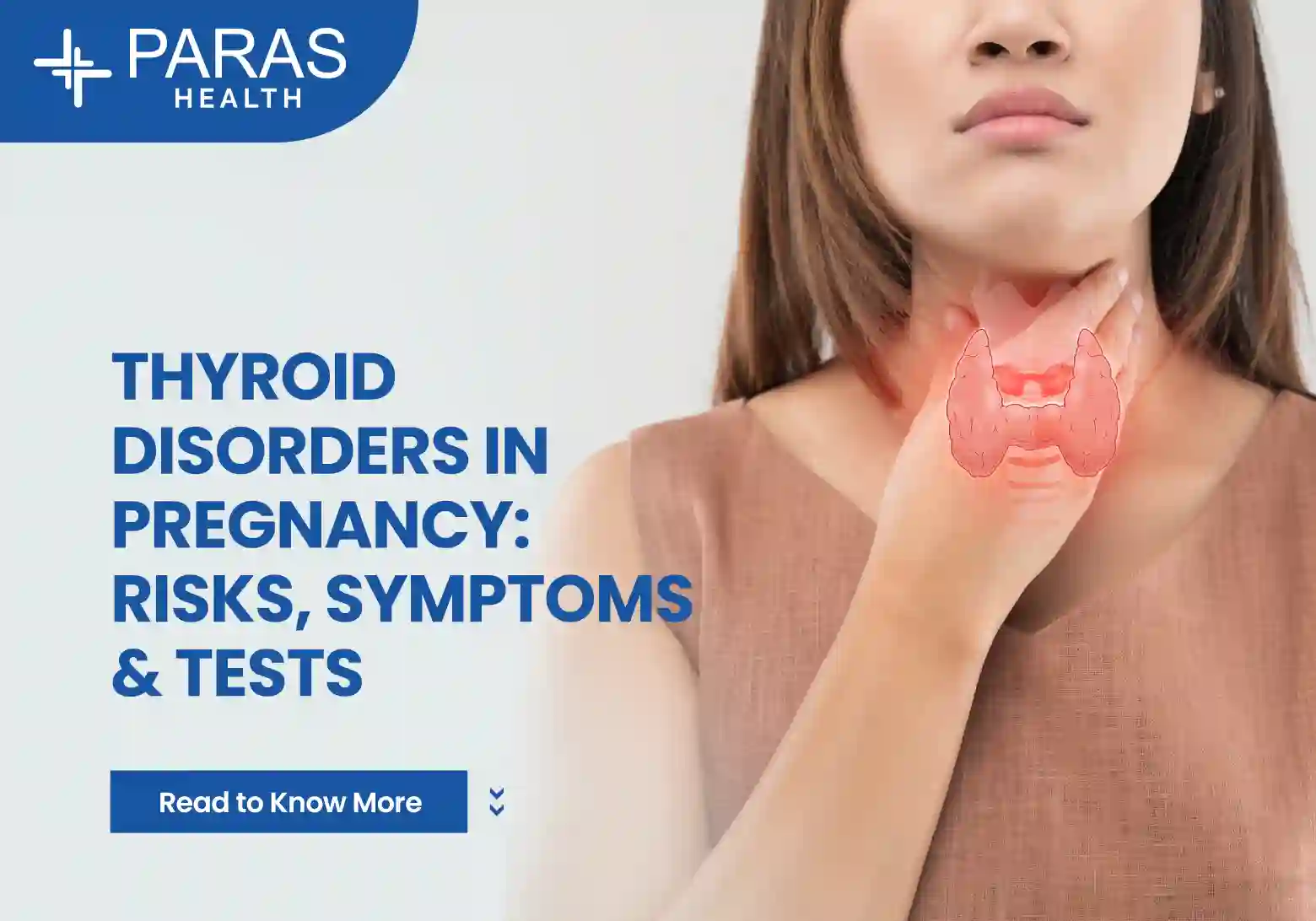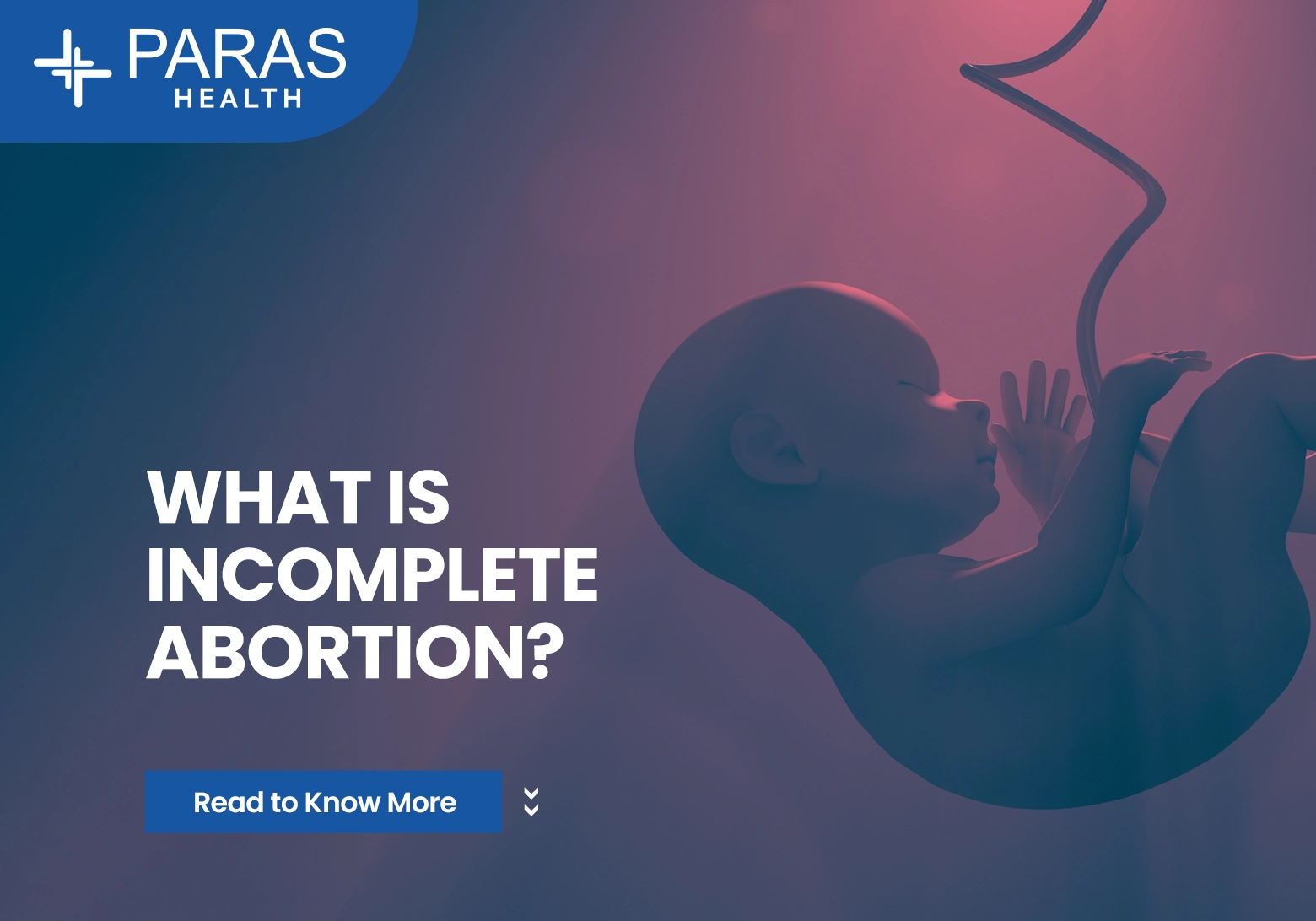Hormonal Imbalance in Women: Causes, Symptoms & Treatment
Nov 05, 2025
Have you been feeling more tired than usual, struggling to lose weight, or noticing sudden mood swings? Many women brush off these signs as stress or aging — but often, they point to hormonal imbalance.
Your hormones are tiny chemical messengers that control almost every major function in your body — from metabolism and sleep to fertility and emotions. When these hormones get out of balance, even slightly, your body begins to send signals through physical and emotional symptoms.
Let’s dive deep into what hormonal imbalance in women means, what causes it, how to recognize the symptoms, and how to bring your hormones back into harmony naturally and medically.
What Are Hormones and Why Are They Important?
Hormones are produced by glands in the endocrine system, such as the thyroid, ovaries, adrenal glands, and pancreas. They travel through your bloodstream, delivering messages that tell organs what to do and when to do it.
For example:
- Estrogen and progesterone regulate your menstrual cycle, mood, and reproductive health.
- Thyroid hormones control your body’s metabolism and energy.
- Insulin helps regulate blood sugar levels.
- Cortisol, the stress hormone, manages your body’s response to tension and fatigue.
When these hormones go out of sync — too much or too little — you might notice changes in your periods, skin, weight, or mood. This is known as a hormonal imbalance.
Common Causes of Hormonal Imbalance in Women
Hormonal imbalance doesn’t happen overnight — it often develops slowly due to lifestyle factors, medical conditions, or natural life stages. Here are some of the most common causes:
Puberty and Menstrual Irregularities
During puberty, the body’s hormone levels rise sharply to prepare for reproduction. It’s normal for cycles to be irregular in teenage girls, but if the imbalance continues for years, it may require evaluation.
Polycystic Ovary Syndrome (PCOS)
PCOS is one of the leading causes of hormonal imbalance among young women. It results in higher levels of male hormones (androgens), leading to irregular periods, excessive facial hair, acne, and infertility.
Pregnancy, Postpartum & Menopause
Hormones fluctuate naturally during pregnancy, childbirth, and menopause. Postpartum hormonal imbalance may cause hair fall, depression, fatigue, or mood changes. During menopause, falling estrogen and progesterone levels cause hot flashes, night sweats, and vaginal dryness.
Thyroid Disorders
An underactive thyroid (hypothyroidism) or overactive thyroid (hyperthyroidism) disrupts metabolism and causes symptoms like fatigue, weight changes, or irregular cycles.
Chronic Stress
High stress levels increase cortisol, which suppresses estrogen and progesterone, causing irregular periods, insomnia, and low libido.
Lifestyle Factors
Poor nutrition, lack of physical activity, sleep deprivation, or exposure to environmental toxins can also disturb hormone balance over time.
Symptoms of Hormonal Imbalance in Women
Symptoms vary depending on which hormone is affected — but here are the most common ones women experience:
Menstrual and Reproductive Symptoms
- Irregular or missed periods: Common in PCOS or thyroid disorders.
- Heavy or painful menstruation: May indicate estrogen dominance.
- PMS or PMDD: Emotional highs and lows before periods.
- Infertility: Difficulty conceiving due to disrupted ovulation.
Physical Symptoms
- Weight gain or difficulty losing weight: Especially around the waist and hips.
- Acne and oily skin: Linked with excess androgens.
- Hair loss on scalp or excessive hair on face/chin (hirsutism).
- Hot flashes and night sweats: Common during menopause.
- Breast tenderness, bloating, or water retention.
Emotional and Mental Symptoms
- Mood swings, irritability, or depression.
- Brain fog or memory lapses.
- Chronic fatigue and low motivation.
- Sleep problems or insomnia.
If you’re ticking off several of these symptoms, it’s time to consult a gynecologist or endocrinologist for evaluation.
How Is Hormonal Imbalance Diagnosed?
Diagnosis starts with a detailed discussion about your medical history, symptoms, and lifestyle. Doctors at Paras Health usually recommend:
- Blood Tests: To check levels of estrogen, progesterone, thyroid hormone, insulin, cortisol, and prolactin.
- Pelvic Ultrasound: Especially for women with irregular cycles or suspected PCOS.
- Thyroid Function Test: Evaluates metabolism and thyroid activity.
- Additional Tests: FSH, LH, or testosterone levels for menstrual and fertility issues.
A clear diagnosis helps your doctor create a personalized treatment plan tailored to your body’s needs.
Treatment Options for Hormonal Imbalance in Women
There’s no one-size-fits-all solution. Treatment depends on the cause, severity, and your age or reproductive goals.
1. Medical Treatments
- Hormone Replacement Therapy (HRT): Helps relieve menopause symptoms by restoring estrogen and progesterone.
- Oral Contraceptive Pills: Balance estrogen and progesterone, regulate periods, and reduce acne.
- Thyroid Medications: Treat underactive or overactive thyroid conditions.
- Insulin-Regulating Drugs: Used for women with PCOS or insulin resistance to manage weight and sugar levels.
- Fertility Treatments: If hormonal imbalance is affecting conception.
2. Natural and Lifestyle Remedies
Lifestyle adjustments play a powerful role in restoring hormonal harmony:
- Balanced Diet: Add whole grains, green vegetables, nuts, seeds, and omega-3-rich foods like flaxseed and fish.
- Exercise: 30 minutes of daily physical activity helps regulate insulin and cortisol.
- Yoga & Meditation: Manage stress and support adrenal health.
- Adequate Sleep: 7–8 hours nightly helps normalize melatonin and cortisol rhythms.
- Reduce Caffeine & Alcohol: They can worsen stress and affect estrogen balance.
Small consistent changes lead to significant long-term improvements.
Best Diet for Hormonal Balance
Your diet can either support or disturb your hormones.
Here’s how to eat for better balance:
Include:
- Flax seeds & chia seeds – contain lignans that balance estrogen levels.
- Leafy greens & berries – high in antioxidants to combat inflammation.
- Avocados & nuts – rich in healthy fats that aid hormone production.
- Whole grains & legumes – stabilize blood sugar and prevent insulin spikes.
- Water & herbal teas – flush toxins that interfere with hormonal function.
Avoid:
Processed foods, refined sugar, fried snacks, sodas, and artificial sweeteners — these increase inflammation and insulin resistance, worsening hormonal issues.
A nutritionist-guided plan can also support weight management and symptom relief for PCOS, thyroid, or menopause-related problems.
Hormonal Imbalance Through Life Stages
During Puberty
Hormones surge to trigger menstruation and body changes. Temporary acne or irregular cycles are common. Persistent irregularity, however, should be checked for PCOS or thyroid disorders.
During Pregnancy and After Delivery
Estrogen and progesterone rise sharply during pregnancy and drop after childbirth. This sudden shift can cause postpartum depression, hair loss, and fatigue. Proper rest, nutrition, and support help hormones recover.
After 40 and During Menopause
Hormone production naturally slows after 40. Declining estrogen can cause hot flashes, sleep trouble, and mood changes. Medical and natural therapies can help women transition comfortably through menopause.
When Should You See a Doctor?
Don’t ignore warning signs like:
- Missed periods for three months or more
- Rapid unexplained weight gain
- Extreme fatigue or hair loss
- Mood disturbances or low libido
- Difficulty conceiving
Early diagnosis helps manage symptoms effectively and prevents long-term issues like infertility, osteoporosis, or cardiovascular disease.
Hormonal Imbalance Treatment at Paras Health
At Paras Health, our Gynecology and Endocrinology experts specialize in diagnosing and treating hormone-related conditions. Whether you’re struggling with PCOS, thyroid disorders, menopause, or infertility, our doctors use a multidisciplinary approach combining:
- Advanced hormonal testing
- Personalized treatment plans
- Lifestyle and dietary counseling
- Long-term follow-up for hormonal health maintenance
Our hospitals in Gurgaon, Panchkula, Patna, Ranchi, Srinagar, Darbhanga, and Kanpur provide comprehensive care under one roof — so you can get back to feeling balanced and confident again.
FAQ's
What are the common symptoms of hormonal imbalance in women?
Irregular periods, weight gain, acne, mood swings, fatigue, and sleep issues are common warning signs of hormone imbalance.
What causes hormonal imbalance in females?
It can result from stress, poor diet, thyroid issues, PCOS, menopause, or postpartum hormonal changes.
How can I fix hormonal imbalance naturally?
Eat healthy, exercise regularly, sleep well, and manage stress through yoga or meditation.
Which test is done for hormonal imbalance?
Blood tests are used to measure levels of estrogen, progesterone, thyroid, and cortisol.
Can hormonal imbalance cause weight gain?
Yes. High cortisol, insulin resistance, or low thyroid hormones can lead to stubborn weight gain.
What foods help balance hormones in females?
Flax seeds, green leafy vegetables, nuts, soy, and whole grains promote healthy hormone function.
Can hormonal imbalance cause infertility?
Yes. It can affect ovulation and egg quality, especially in conditions like PCOS or thyroid imbalance.
Is hormonal imbalance common after 40?
Absolutely. Perimenopause and menopause cause estrogen and progesterone levels to fluctuate naturally.
How long does it take to balance hormones?
It varies — with treatment and lifestyle changes, most women see improvements in 2–3 months.
Which doctor should I consult for hormonal imbalance?
A gynecologist or endocrinologist specializes in diagnosing and treating hormone-related disorders.
Conclusion
Hormonal imbalance is common, but it doesn’t have to control your life. With awareness, testing, and timely care, you can regain balance and feel like yourself again.
Whether it’s PCOS, thyroid issues, menopause, or stress-related imbalance — expert care makes all the difference.
At Paras Health, we’re committed to helping women achieve hormonal harmony with compassion and advanced medical expertise.
Your health, your balance — our priority.







.webp)


